Barbados Solid Waste Management Programme Brochures
For more than 15 years, the Barbados Integrated Solid Waste Management Programme (ISWMP) has completed quality research that contributed to improved understanding of solid waste management in Barbados. The ISWMP has produced educational materials to share the findings of their research with the general public.
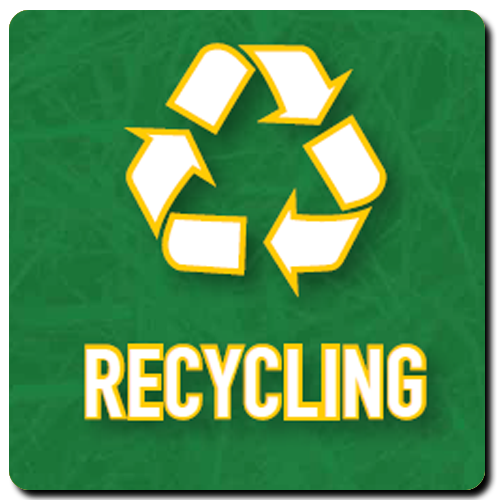
A viable recycling programme for Barbados would significantly reduce the quantity of waste going to landfill thereby increasing its lifespan. By extension, recyclable items would be considered resources rather than wastes.
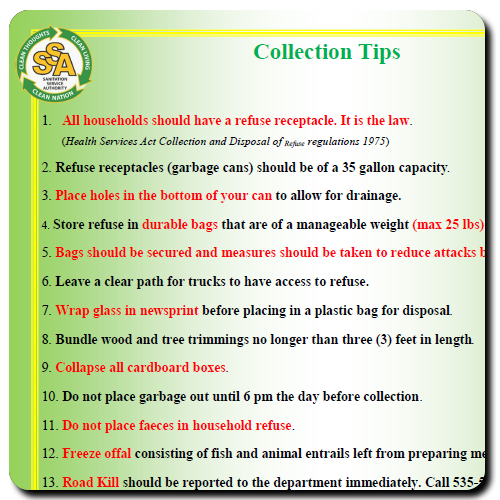
Here are a few waste collection tips to help Barbadians manage the waste that is collected from the Sanitation Service Authority.
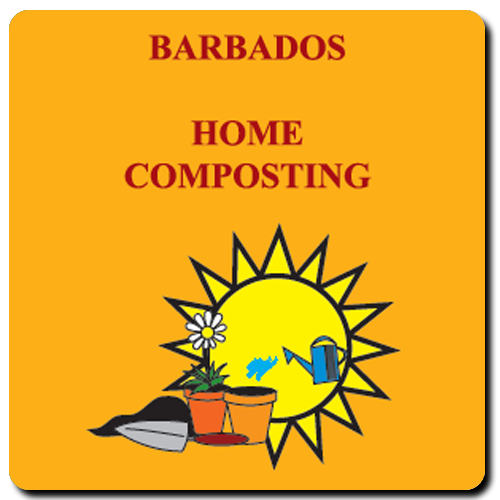
Composting is he aerobic biological decomposition of organic material under controlled circumstances to a condition sufficiently stable for nuisance free storage and for safe use of land application.
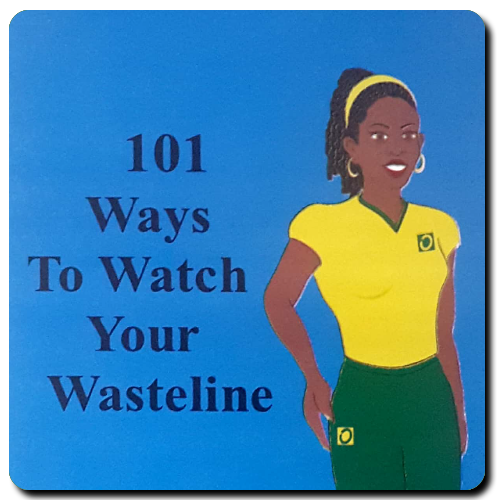
Here is a list of simple ways that everyone can change their habits and contribute to sustainable waste management in Barbados.
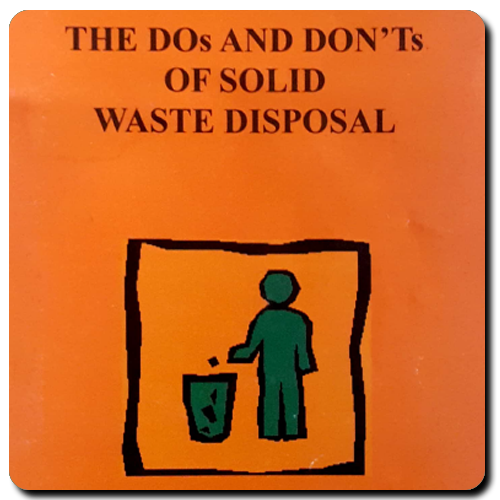
Currently only a small percentage of waste is removed from the waste stream for recycling. The majority of the remaining waste is disposed of at the landfill. Here are some Dos & Don’ts for managing waste disposal.
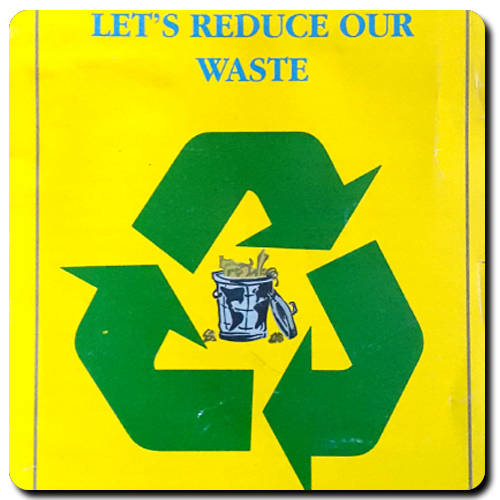
Since 1993, waste reduction and recycling were identified as integral components of the Comprehensive Integrated Solid Waste Management Programme for Barbados.
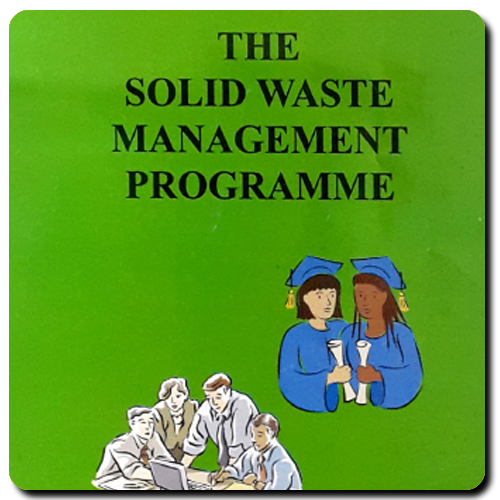
Recognizing the need for a comprehensive solid waste management programme in Barbados, the government of Barbados entered into an agreement with the Inter-American Development Bank to undertake an Integrated Solid Waste Management Programme (ISWMP).
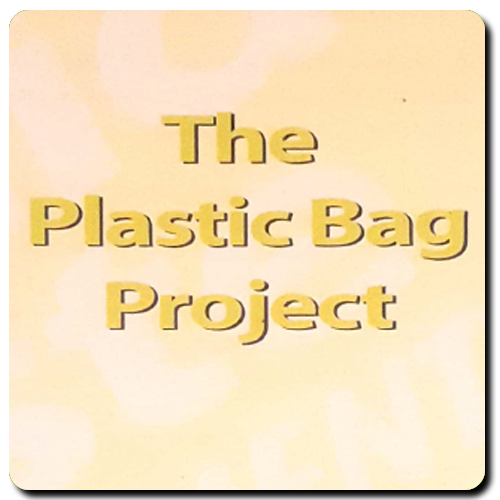
Back in 2001 the ISWMP’s research findings on the growing problem of plastic bag use in Barbados highlighted an urgent need for locals to get on board and reduce the use of plastic bags.
